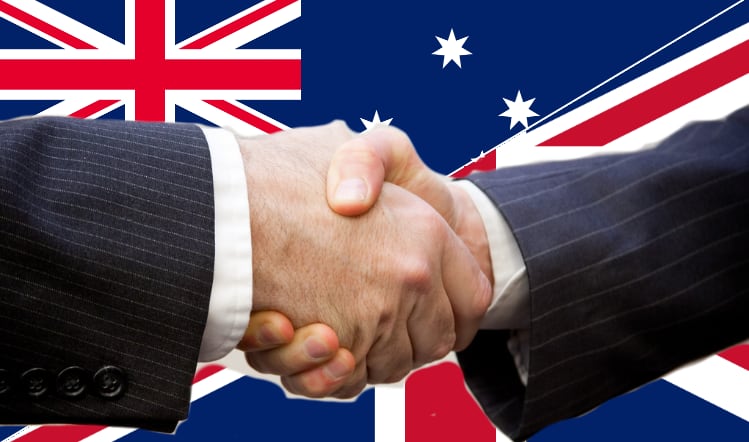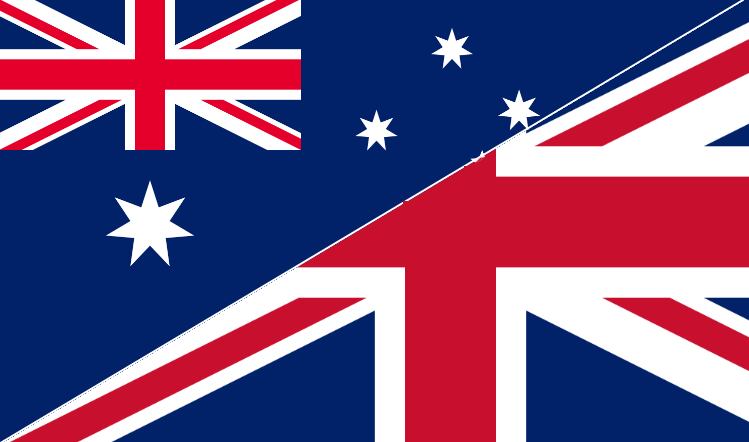Whether the much-publicised announcement of a free trade agreement between the UK and Australia turns out to be a 'bonzer' deal for our food manufacturers remains to be seen.
The agreement could see iconic British brands such as Marmite become more ubiquitous on supermarket shelves Down Under, according to our government. Whether Australians reared on Vegemite will want to eat it though is a moot point.
But the lack of detail regarding animal welfare standards and food health raises important questions for manufacturers who import Aussie produce for their own UK food products, including composites like lasagne.
Opportunities Down Under
The free trade agreement offers a number of potential opportunities for British food manufacturers that are looking to source tariff-free meat and dairy products from outside the EU.
From the beginning of the year, EU imports of such products into Great Britain have incurred higher duties and, from October, veterinary certificates will be introduced as well, inflating costs even more.
While UK farmers may struggle to compete on price with the big industrial-scale ranches in Australia, our food manufacturers could benefit from cheaper products and lower duties. They will have access to a greater variety and quantity of raw materials as we secure more free trade deals with countries around the world.
The lure of cheaper imports and reduced red tape - whether it’s bypassing complex EU rules of origin or less stringent export health certificates - may make it more attractive to source ingredients from Oz, rather than Europe.
To the EU via Australia
But you could find it difficult to export food products from Great Britain to the EU if they contain Australian products that don’t meet the bloc’s strict Sanitary and Phytosanitary (SPS) standards. There’s also concern that food products from Britain made with non-compliant Aussie ingredients could end up on European plates via Northern Ireland and the Irish Republic.
It’s therefore crucial that you know exactly where products come from and whether they meet Europe’s stringent veterinary rules, if you plan to send your foods to the EU. Seek assurances and written confirmation from your suppliers if you don’t source products directly yourself.
The realities of geography are likely to be a deciding factor when it comes to sourcing your fresh produce. Europe is on our doorstep while shipping chilled and frozen produce from the other side of the world has its logistical challenges and cost implications.
So, UK food manufacturers need to do their homework and weigh up the competing commercial imperatives of price against market access and ease of import. Food exporters wishing to sell to Australia also need to do their sums which means factoring in transport costs over such vast distances, as well as customs duties and other costs.
Whether the free trade agreement between the UK and Australia will be fair dinkum for British producers is too early to say. Ultimately, the devil will be in the detail.




